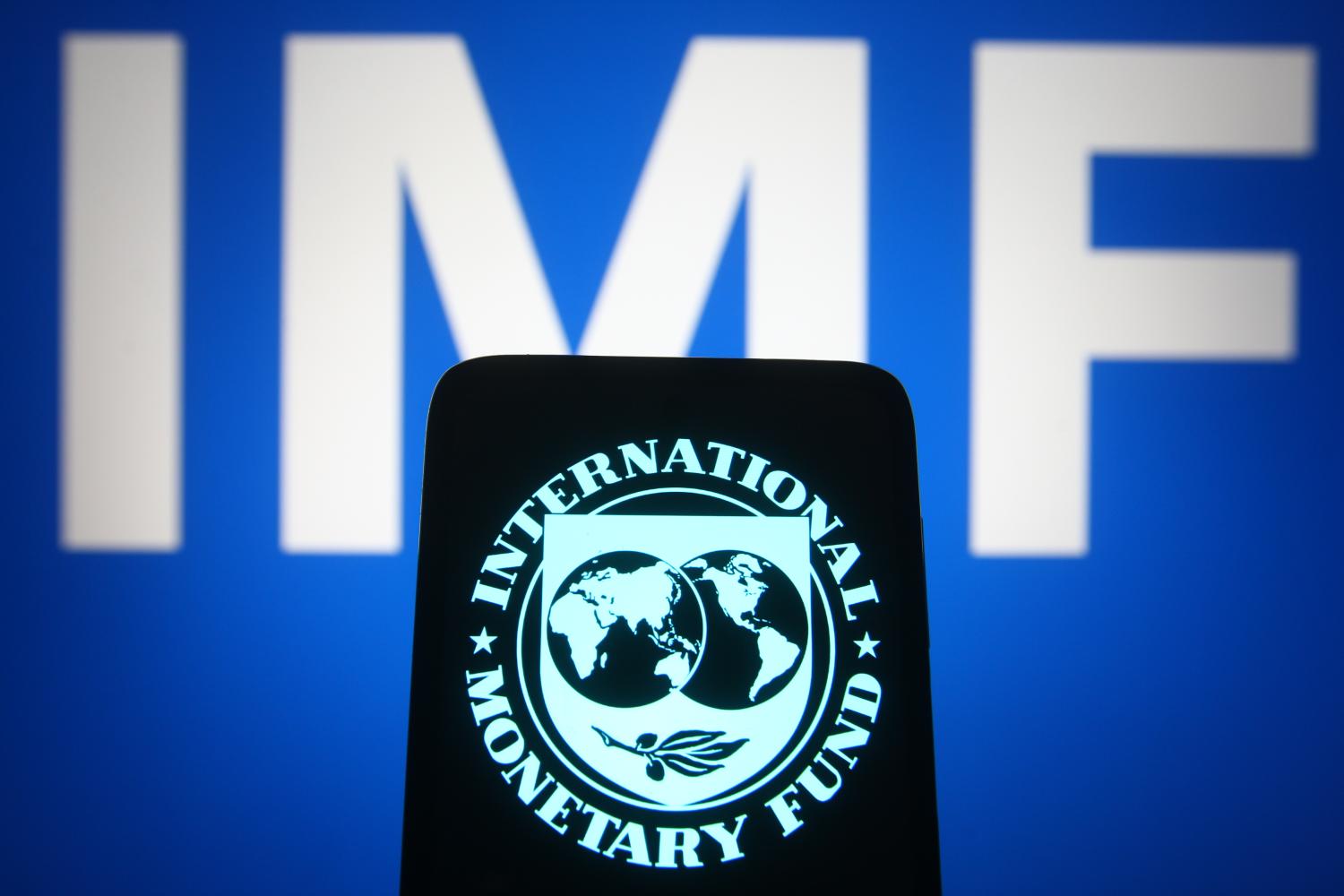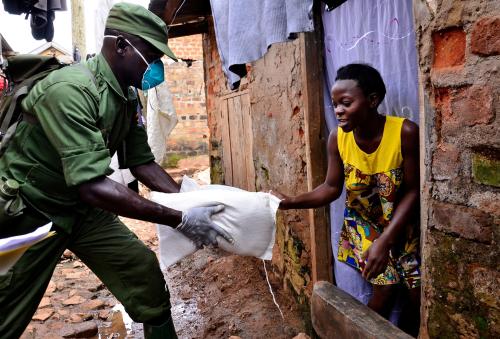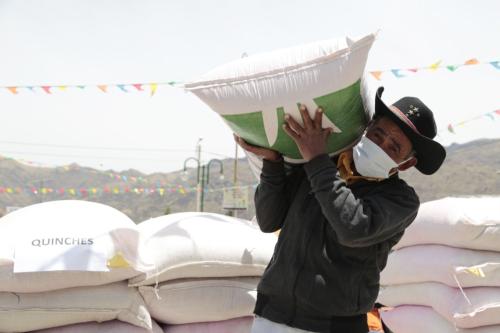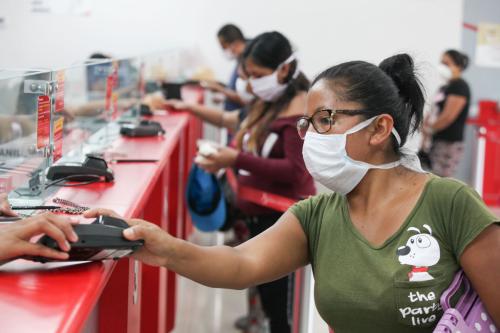Introduction
On August 23, 2021, the International Monetary Fund (IMF) issued $650 billion equivalent in new Special Drawing Rights (SDRs) to its members. The SDRs do not change any country’s net wealth—each country has a liability that exactly equals the new assets it has been issued—but they do represent a sizable injection of liquidity because the SDRs can be voluntarily exchanged on demand for hard cash—U.S. dollars, euros, yen, renminbi, or other tradable currency. If SDRs are converted and the cash is used to pay down debt, then SDRs can be a mechanism to replace more expensive debt with cheaper debt, improving country creditworthiness. Alternatively, cashed-out SDRs can be used to supplement public revenues to increase spending for countries whose development prospects have been particularly hard hit by the pandemic.
This brief looks at SDR allocations from two perspectives:
- To what extent can SDRs ease the debt service burden falling due in the next five years in developing countries?
- To what extent can SDRs ease a recovery in development prospects?
The focus of the brief is on developing countries only. We exclude those economies classified as high income by the World Bank. We start by discussing the impact of the current, statutory allocation of the new issuance of SDRs, and then speculate on the impact of any voluntary reallocation that may occur if countries with surplus SDRs choose to on-lend a portion of this surplus to other countries. A range of “what-if” scenarios are presented to identify the impact of a hypothetical $100 billion reallocation of SDRs.
Download the full policy brief here.
The Brookings Institution is committed to quality, independence, and impact.
We are supported by a diverse array of funders. In line with our values and policies, each Brookings publication represents the sole views of its author(s).








